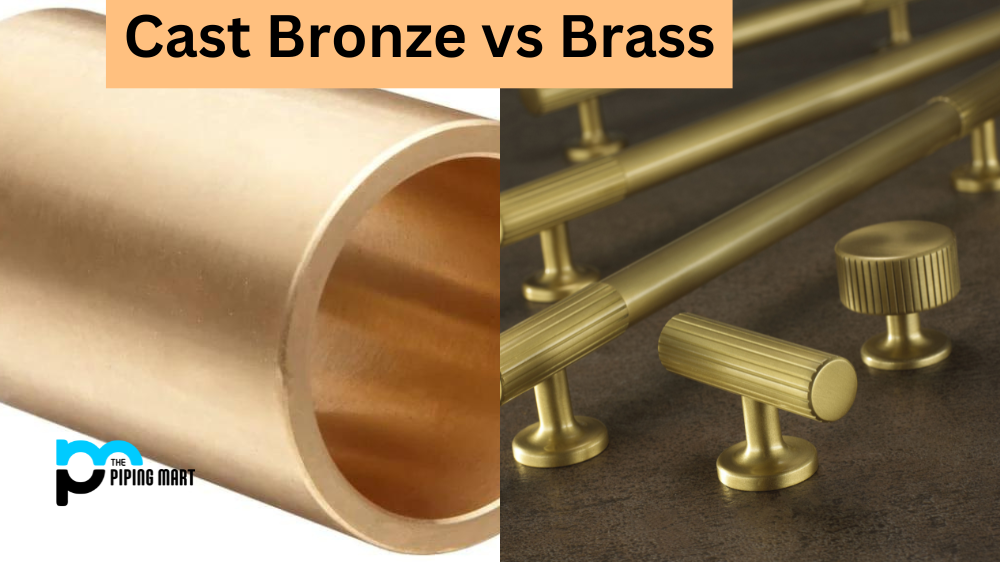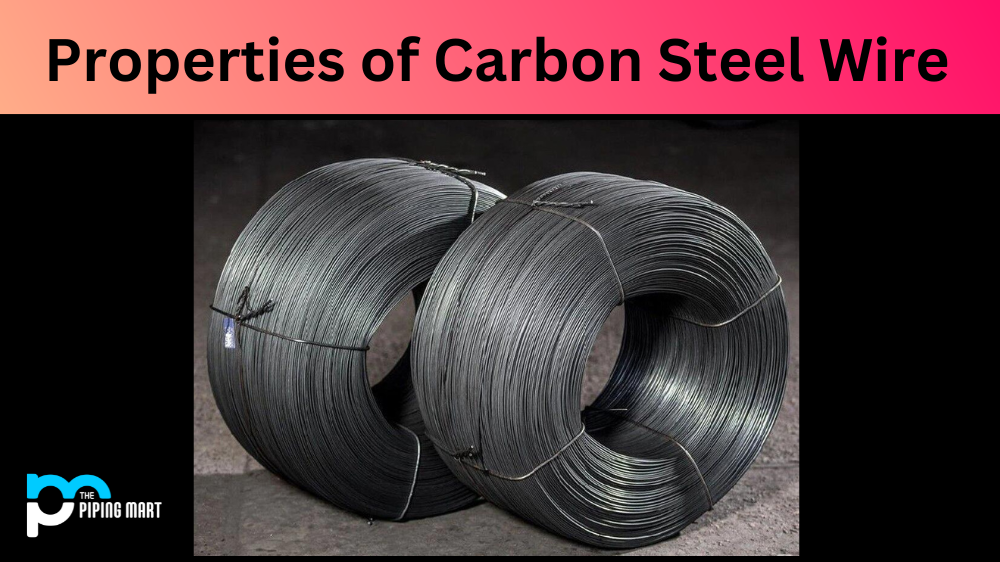Two of the most common materials for electrical wiring are aluminum and copper cables. Both have advantages and disadvantages, but knowing which is better for your needs can be difficult. Let’s take a look at the pros and cons of each material so you can make an informed decision.
Aluminium Cables
Aluminum cables are a type of electrical cable that is used for a variety of applications. Aluminium cables are typically cheaper than copper cables and have a higher conductivity-to-weight ratio, meaning they can carry more current than copper cables of the same weight. However, aluminum cables are also more prone to corrosion than copper cables.
Copper Cables
Copper cables are a type of electrical cable that is used for a variety of applications. Copper cables are typically more expensive than aluminium cables. Still, they have a lower conductivity-to-weight ratio, meaning they can carry less current than aluminium cables of the same weight. However, copper cables are less prone to corrosion than aluminum cables.
Aluminium Cable Advantages
Aluminum cables are lightweight, flexible, and easy to install. This makes them ideal for use in various applications ranging from high-voltage power lines to residential electrical wiring. In addition, they are relatively inexpensive compared to copper cables. This makes them an excellent option for budget-conscious projects where cost is a major factor. Furthermore, aluminium cables have high conductivity and excellent corrosion resistance, making them suitable for damp or humid environments.
Aluminum Cable Disadvantages
The main disadvantage of aluminium cables is that they are less durable than copper cables. The metal is softer than copper, which is more prone to damage from abrasion or physical contact with other objects during installation or operation. Additionally, aluminum cables require preventive maintenance measures such as periodic cleaning or greasing to maximize longevity and performance.
Copper Cable Advantages
Compared with aluminium cable, copper has superior durability thanks to its higher tensile strength and resistance to abrasion or other physical impacts during installation or operation. In addition, copper has excellent electrical conductivity, which allows it to transfer electricity more efficiently than aluminum cable. Lastly, copper cable has a longer lifespan than aluminium cable due to its superior corrosion resistance properties, which make it less susceptible to environmental factors such as moisture or humidity.
Copper Cable Disadvantages
Copper cable is much more expensive than aluminium cable due to its higher quality materials and production costs associated with creating the wire. Furthermore, copper cable is heavier than its counterpart, which can be problematic when installing it in tight spaces since extra effort may be required for the wire to fit properly without kinking or bending too much during the process. Additionally, copper requires special tools when cutting the wire due to its hardness which may increase labour costs associated with larger projects involving multiple circuits of wiring needing installation simultaneously.
Advantages and Disadvantages
Some advantages of aluminium cables include their lower cost and higher conductivity-to-weight ratio. Some disadvantages of aluminum cables include their susceptibility to corrosion and lower strength than copper cables. Some advantages of copper cables include their resistance to corrosion and higher power compared to aluminium cables. Some disadvantages of copper cables include their higher cost and lower conductivity-to-weight ratio.
Applications
Aluminium and copper cables can be used for various applications, including electrical wiring, power transmission, and data transmission.
Which is Better?
There is no clear answer as to which type of cable is better. It depends on the specific application and the needs of the user.
Conclusion:
As you can see, both advantages and disadvantages are associated with using aluminum or copper for your wiring needs depending on your project scope and budget requirements. If you’re looking for something lightweight yet durable, opt for copper, whereas if cost savings are your priority, choose aluminium instead! Ultimately the decision will come down to your specific application requirements, so do your research before deciding what type of cable best meets your needs!
Sakshee is a talented blogger, with a particular focus on the Business and Metal Industry. She is passionate about sharing her insights on various metal products and helping professionals to make a better decisions.




